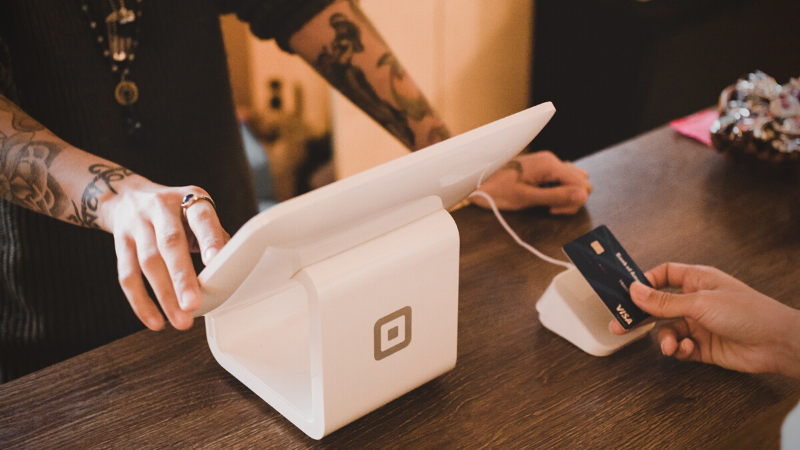Best websites for selling merch online as a musician
Selling merch can be a great source of income for musicians, if you do it right. Here are some great platforms for selling merch that will help get your stuff flying off the shelves.
by Randi Zimmerman of Symphonic Blog
Selling merch online shouldn’t be a headache. There are tons of platforms specifically for musicians that make it quick and easy to sell whatever you want, but how to choose the right platform for you depends on a few factors. From price to quantity and any other needs you may have, there’s something out there for you. In this post, we’ll give you some options to consider.

Here’s the rundown…
There are a couple things to consider about a platform to know whether or not it’s right for you.
- How much are you willing to spend?
- What features are a dealbreaker?
- Does the platform need to handle all the shipping and handling?
- Do you need your products done in bulk or would you rather only have items manufactured individually as they’re purchased (Print-On-Demand)?
All of these are important aspects to think about before you dive into selling anything online. Take note of the volume of items you expect to manage, how much you have to spend, and all the features you really need to accomplish your goals, then go from there.
Dizzy Jam
Dizzy Jam is free, and all you have to do is design and upload your own logo, choose the merch you want it on, and they will do the rest. The benefit of this one is that Dizzy Jam works specifically with a ton of musicians across many different genres, so they’ll provide you with a unique user URL so your fans can easily access your items in one convenient place, made just for you.
Sites like this are a great choice for independent artists looking for an easier, more hands-off approach to selling merch. Additionally, this process eliminates the possibility of buying too many shirts that don’t end up selling, avoiding any risk of you wasting your hard earned money.
Shopify
The unique part of Shopify is it’s multi-functioning abilities and e-commerce software. For starters, Shopify allows artists to sell their merchandise with ease by connecting it to their other social media platforms, giving users the ability to link all their accounts, giving you a more cohesive way to sell your stuff. They even have a partnership with Spotify that lets you connect your Shopify account to your Spotify to sell merch directly from your profile.
In addition, you can start with a 14-day free trial to see if it’s right for you. If you like it, you can pay to keep it going. If not, you’re not tied down.
——
Bandzoogle
Bandzoogle provides all-in-one web presence platform for bands and musicians alike. With it, you can build a stunning website with store, blog, and even an email marketing tool. There is also a 30-day free trial and it has three subscription plans, starting from $8.29/month.
Big Cartel
Big Cartel doesn’t take a cut of your sales or charge a bunch of fees. All you have to do is choose an affordable monthly plan that fits your needs and budget, and everything is included. The free option gives you 5 products, one image per product, free customizable themes, real-time stats, a custom domain name, shipment tracking, and more. The second tier is $9.99 a month, but you get more features like inventory tracking, Google Analytics, bulk editing, and more. The third option will run you $19.99 a month, but you get 500 products and even more features.
It’s totally up to you and your needs, and this one is a great service to consider if you like to have options.
Some Final Tips…
- Advertise like crazy! Don’t be afraid to blast your merch on all your socials and encourage your fans to share.
- Be unique. Make the packaging badass. Make your merch something you just can’t get anywhere else.
- If something isn’t selling well, offer a discount. Head to your socials and let people know you’ve got a deal going on to entice them to buy.
- Be flexible on pricing. Once you start selling, you’ll be able to see what prices for which items do the best. Lowering your prices even $10 could be what makes them fly off the shelves.
- Keep track of who bought what. You don’t want to send a discount code for a shirt to someone who just bought it at full price.
- Follow up. Some platforms have features that tell you if someone has added something to their cart and left it. With this, you can send them an email offering a discount to encourage them to check out.
- Tell your story. Your merch is a reflection of you as an artist. It should be an extension of you that a fan can be proud to own a part of.
Good luck!